Voices of the Grain Trade
Our volunteer interview teams in Thunder Bay and Winnipeg did their best to collect voices reflecting all major facets of Canada's international grain trade. As a result, you will find interviews with farmers, researchers, plant breeders, company owners, and railway employees blended in with the stories of grain handlers, inspectors, lake shippers, regulators, builders, marketers, and many more. Our voices are spread from Quebec City to Victoria, with the highest concentrations being from Thunder Bay and Winnipeg.
Through Library and Archives Canada's Documentary Heritage Communities Program, Friends of Grain Elevators has now been able to transcribe and upload all Voices interviews to this website and to Lakehead University's archives. If you have any questions or comments about the collection, please contact us with your thoughts!

Tom Chauvin
Shipbuilder: Port Arthur Shipyards
President: United Steelworkers Union
Tom Chauvin worked in a variety of shipbuilding roles at the Port Arthur Shipyards where he became a union ship steward, and his interest in workplace safety led him to the top position of the local United Steelworkers Union for 33 years. Tom's extensive experiences on the Thunder Bay waterfront are captured across three separate interviews.
In interview one, Tom describes his early work in the Shipyards within a rough-and-tough work culture and under dangerous work conditions. He shares stories of frequent workplace accidents, and his budding interest in the union. In the second interview, Tom expands on the details of shipbuilding work and some of the major projects he was involved in. In the final interview, Tom continues his discussion of the Shipyard's projects and work culture, describes his work within the union, and shares the story of a life-changing incident that set him on a new path.
Content warning: Interviews contain graphic depictions of workplace accidents
Snippet
Full Interview
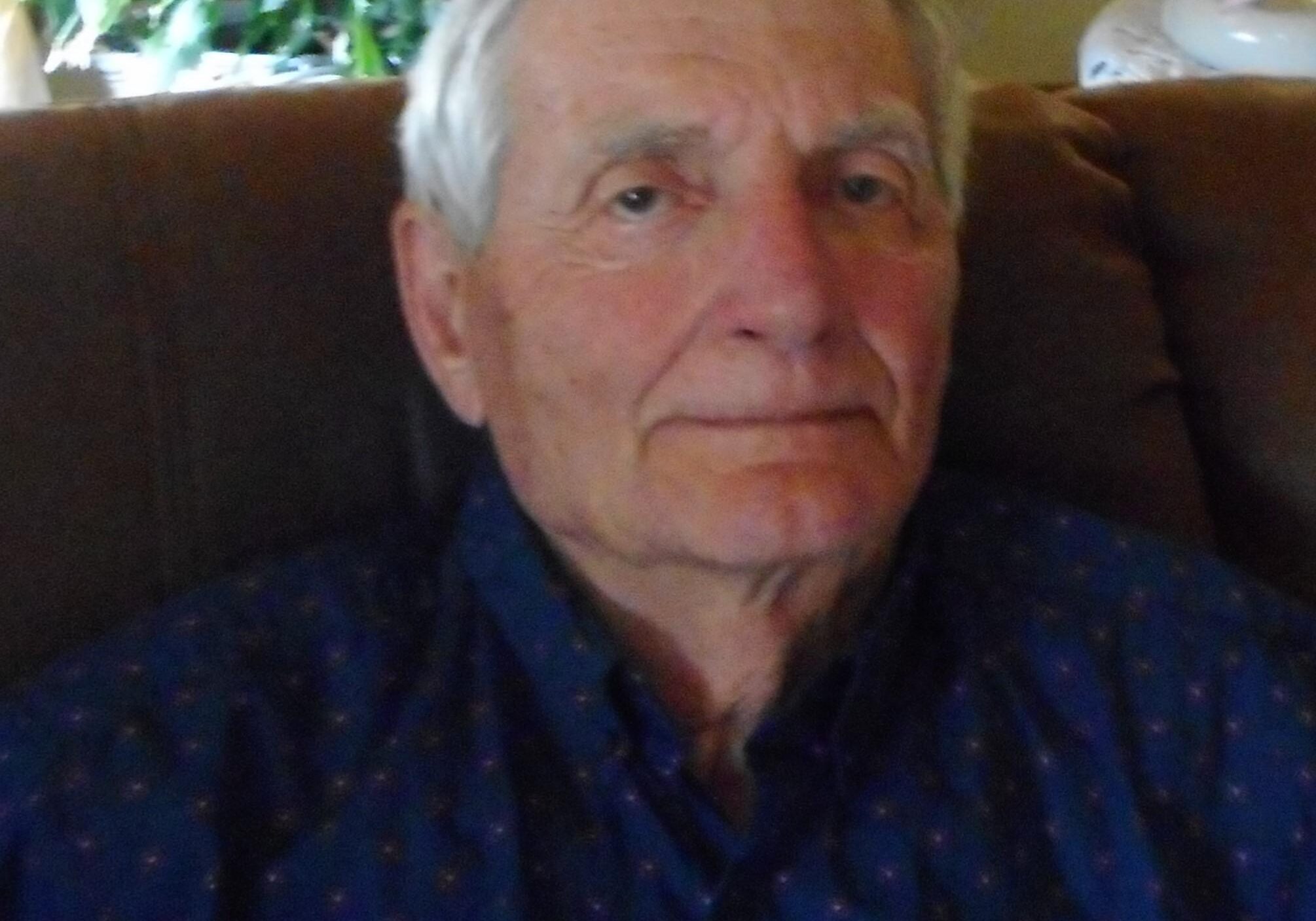
Erv Choquette
Erv Choquette began his career as a sailor, sailing the Great Lakes from 1960-1963. He is fascinated by the process of moving grain between elevators and ships, and shipping in general. Erv tells many stories about the dangers of ship life, and what happened when he left the industry and when the industry began to decline. After leaving shipping, he settled down in Thunder Bay, and began to work as a trackman. He experienced many incidences of injury that occurred while he worked for Saskatchewan Wheat Pool 5. This interview demonstrates the double-edged sword aspect of the industry--the good living the grain industry provides to workers versus the danger workers face.
Snippet
Full Interview
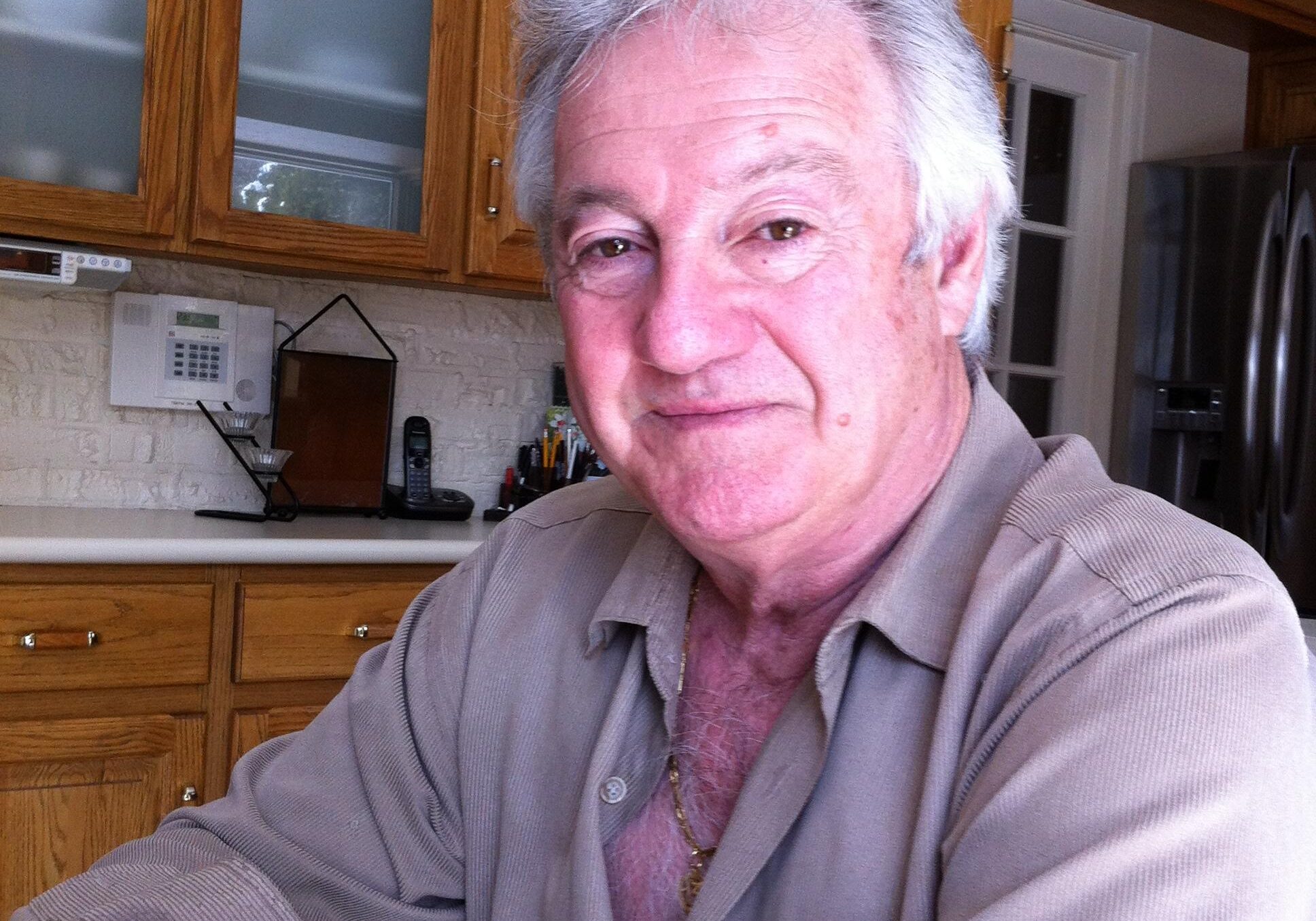
Ernest Contardo
Grain Timmer: Thunder Bay Grain Trimmers
Ernest Contardo started in the grain trade in the late 50s and worked for over 50 years before retiring. He worked for a trimming company, which ran as a cooperative. The grain trimmers were in charge of loading the boats, and calculating the proper load distribution required to not flip or damage ships. He describes the exclusively owner-operated company and how he was quite lucky to find a spot in it as the first Italian member voted in. Ernest’s perspective on the grain trade is relatively unique, considering that he was in the industry for so long. He has seen the industry change vastly in his time
Snippet
Full Interview
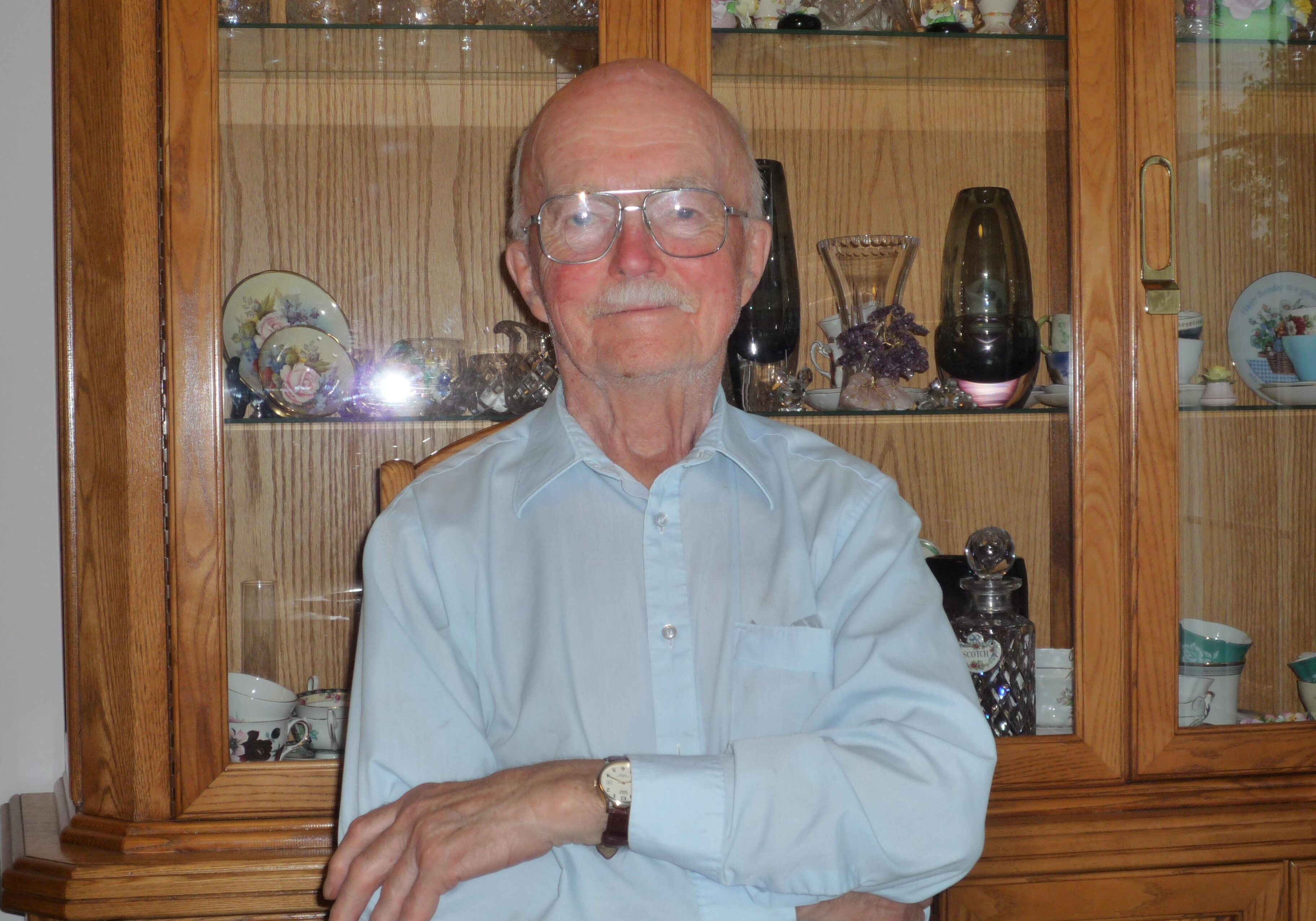
V.B. "Jim" Cook
Engineer: Barnett-McQueen, V.B. Cook Engineering
V.B. Cook was born in Thunder Bay, where he also acquired his engineering degree. He began to work on many elevators with Barnett-McQueen, a firm that began in 1909 and constructed many of Canada’s elevators. V.B. tells the story of the firm going through tough times, eventually having to reorganize after most of the employees left during the Great Depression. Initially to get into the grain industry, he had worked on the Bunge elevator in Quebec, modernizing it to become the fastest elevator in Canada. During Cook’s career (1948-1988) the company switched focus to mining, specifically potash. Please contact Friends of Grain Elevators if you wish to hear this interview.
Snippet
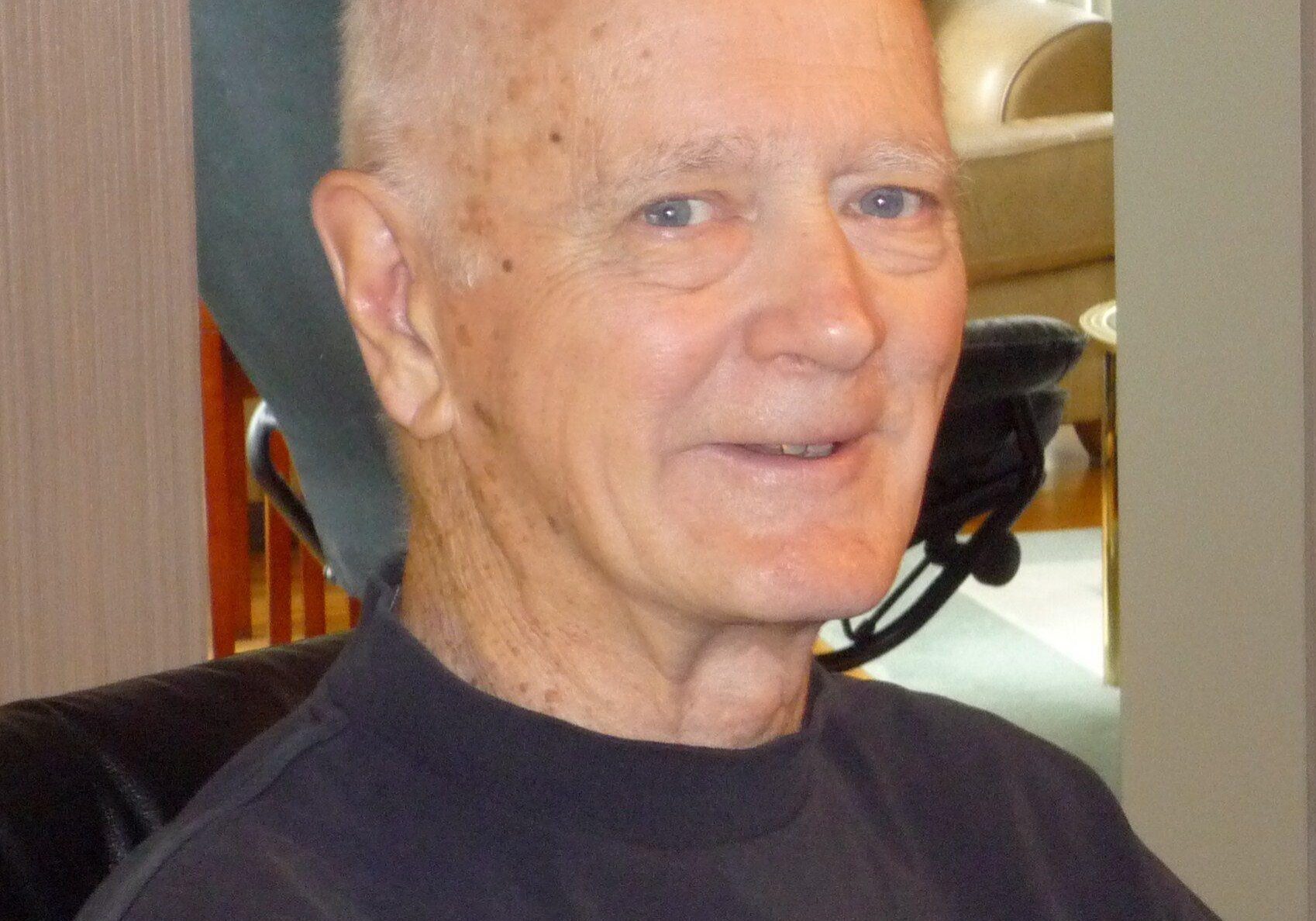
Murray Cormack
Field Representative, Policy Developer, Market Researcher, Management: Manitoba Agriculture, Manitoba Pool Elevators
Murray Cormack grew up in the 1930s--tough times that were considerably more bearable because his family owned a farm. In 1953 he left to go to the University of Manitoba before getting a masters degree in the US. Upon returning to Canada, Murray began his notable career in the grain trade. Listening to Murray describe his career highlights, you will be fascinated by the description of the work involved in various positions and his depth of knowledge of the industry. He started as a field representative advising farmers, worked in policy development and management with the Manitoba government, joined Manitoba Pool Elevators management team, and took on a major study of grain marketing in Canada. He discusses the grain industry in periods of change, downsizing, the demise of the Pools, westward shifting markets, and the Canadian Wheat Board. Mr. Cormack has a very comprehensive understanding of the grain industry, and explains the history through an economic lens, one which is seldom pictured. This is a two-part interview.
Snippet
Full Interview
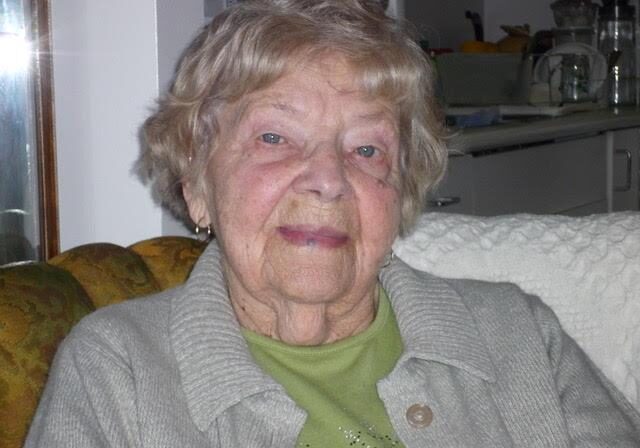
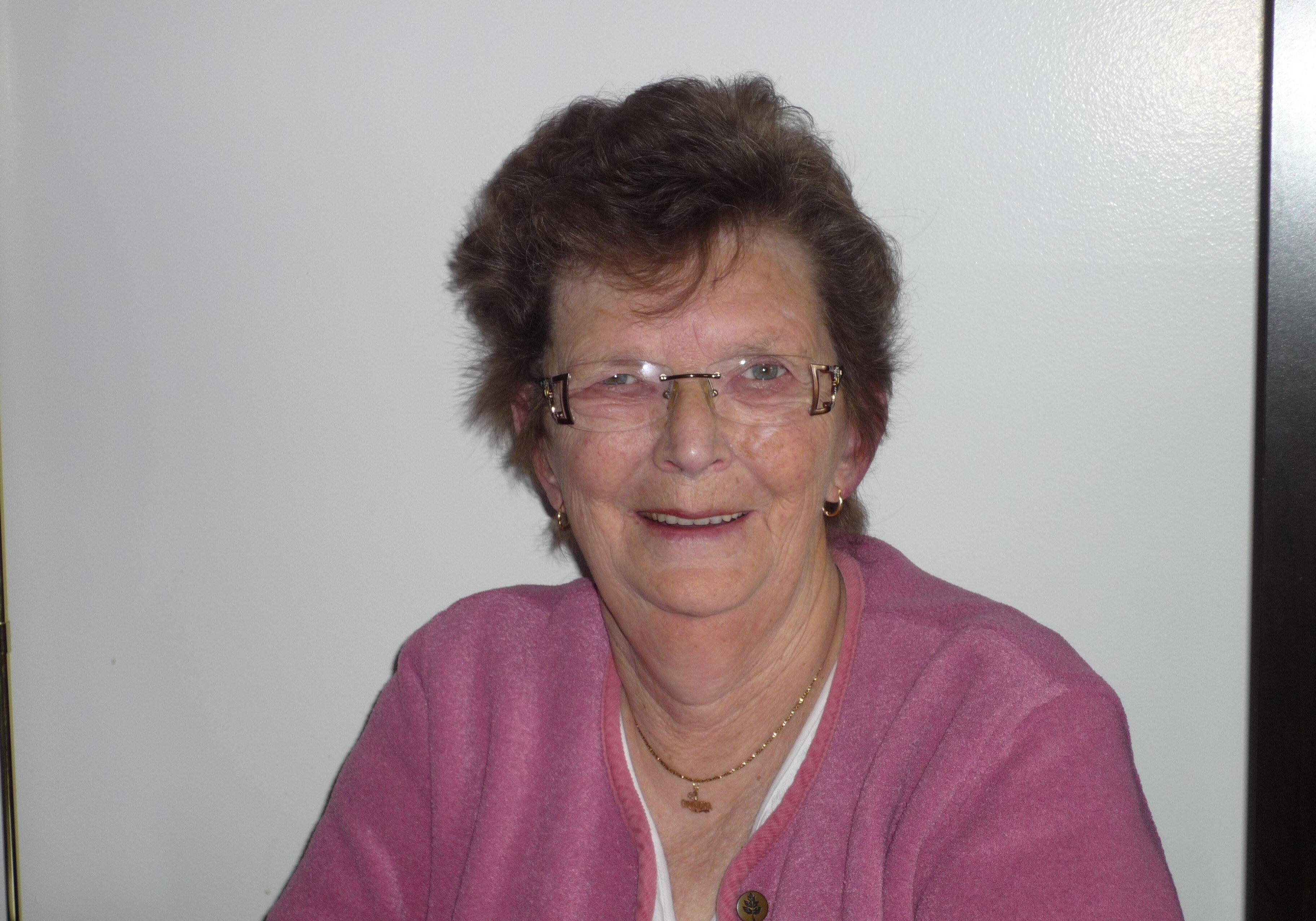
Regina Coulombe and Trudy Frowen
Story Tellers
Both of our interviewees, Regina Coulombe and Trudy Frowen, were born into families that participated heavily in the grain industry. While not directly participating in the grain industry, they were involved nonetheless. They are great observers of the impact the industry had on their family members. The interview reflects family life of grain and rail workers starting in the early 1900’s. Their stories of early hardships, explosions, housing, transportation, and even the difficulty of keeping work clothes clean given the dusty elevator environment, put a personal face on the family life of elevator workers.
Snippet
Full Interview

Dermot Cruise
Ship radio officer: Canada Steamship Lines
After his schooling in Ireland, Dermot Cruise worked as a ship radio officer aboard ocean ships and then on Canada Steamship Lines lakers, often carrying grain cargos from Thunder Bay down the St. Lawrence. He details his critical ship to shore communications responsibilities, as well as other duties he picked up on the ships to pass the down times on the open water. Dermot shares many exciting stories of life at sea, including stories of mischief at port, unpredictable weather, ship accidents, and interactions with the hierarchy of ships' crews.
Snippet
Full Interview
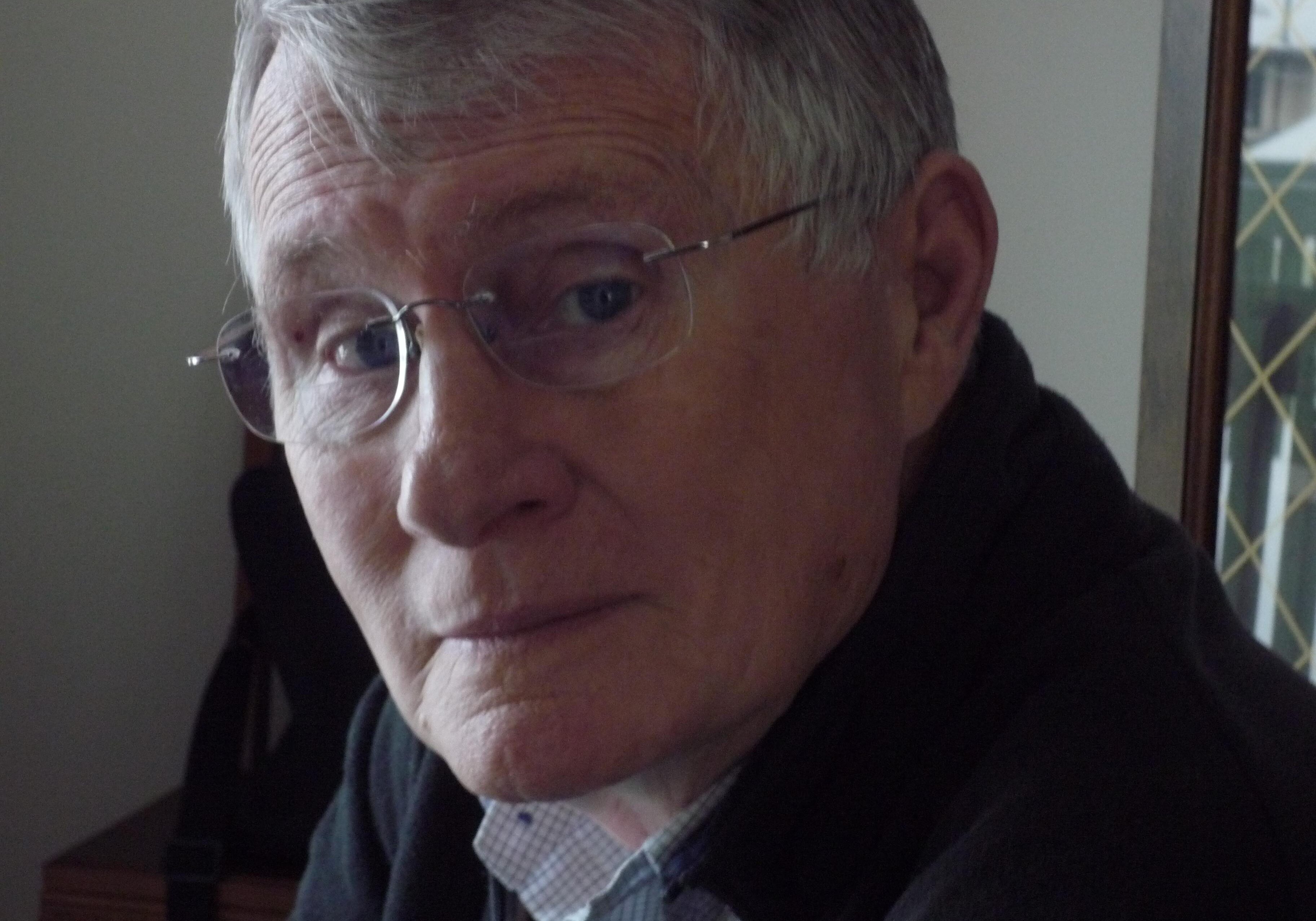
Gerald Culliton
Grain Handler, Railway Fireman, Yardmaster, Conductor: Manitoba Pool Elevators, Canadian Pacific Railway
Gerald Culliton began his career in the railway, shipping grain. His father worked in CN, but he, chose to join CPR, establishing his career on his own instead of using his father as a way in, the route that many people took at that time. He participated in the industry during huge periods of growth, and describes times when 1000 cars were delivered and shipped from Thunder Bay per day. The industry mentality during those days is quite different than today--many practices have been shifted in the wake of fatalities, such as walking across the top of grain cars, drinking on the job, etc.
Snippet
Full Interview
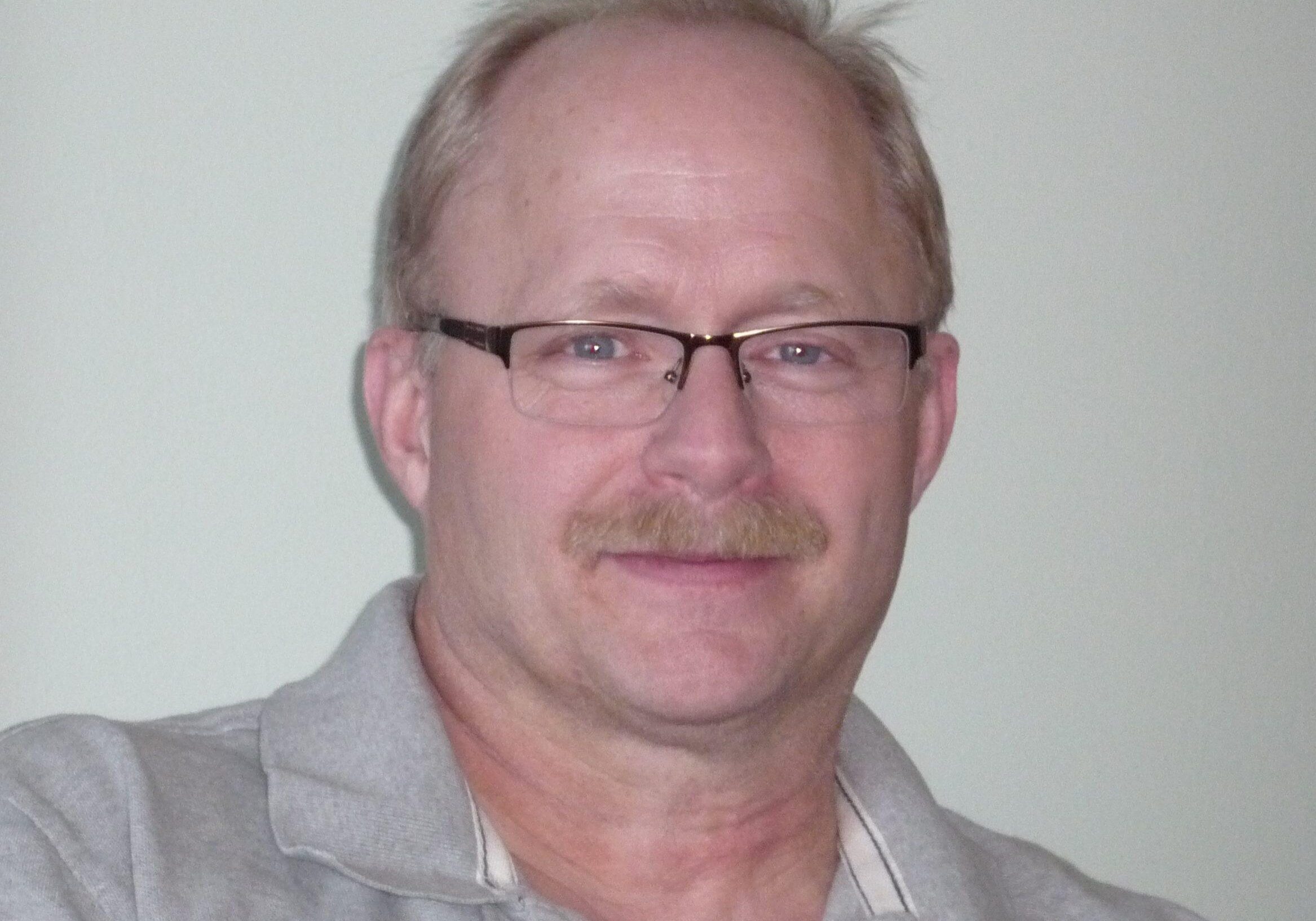
Herb Daniher
Elevator Labourer, Union Representative: Saskatchewan Wheat Pool, Transportation Communications Union, United Steel Workers
Herb Daniher started working at Saskatchewan Pool 4 when he was 17 years old doing whatever needed to be done, but his favourite job was cross belt man, diverting grain elsewhere in the elevator. After taking steward training and labour relations courses at Confederation College, he became a union shop chairman in 1981 and a full-time union officer with the Transportation Communications Union, Grain Division in 1986. He describes the rather loose safety practices at the beginning of his career and vast improvements over the years. Besides detailing changes he witnessed, he touches upon personalities and interactions in the workplace. A good storyteller.
Snippet
Full Interview
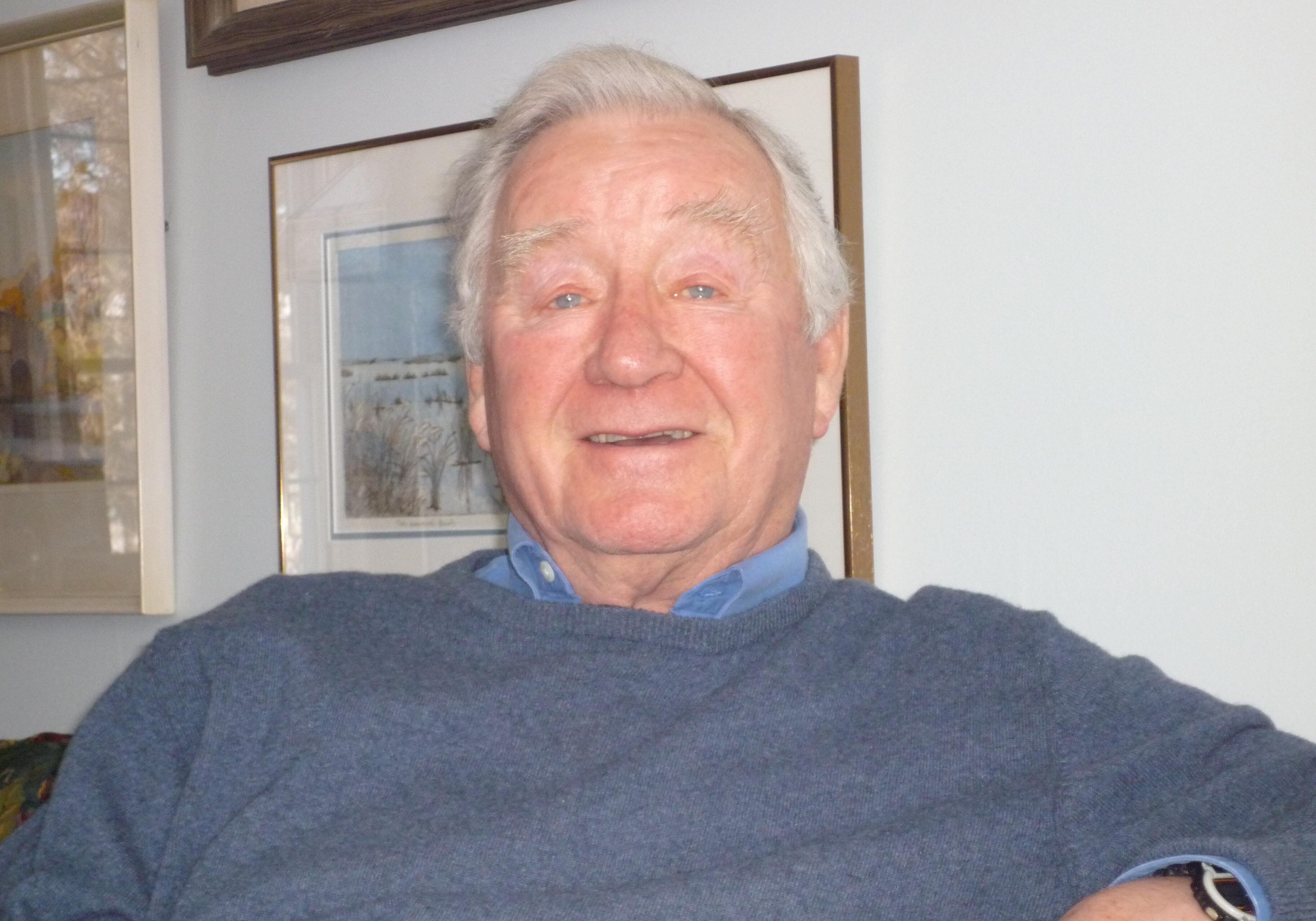
R.L.M. "Dick" Dawson
Grain Exporter, Negotiator, Vice-President: Cargill
Few people in the grain industry share the breadth of experience of Dick Dawson - he emigrated from England to America to work for Cargill, and continued to work for them in Winnipeg, Switzerland, Vancouver, and Argentina over 15 years. He worked as a grain exporter, negotiator, and at one point was Vice-President of Cargill. In 1974, he came full circle to Winnipeg, and ended his career as Vice-President of Cargill’s Canadian operation in 1993.
In his first interview, Dick speaks of world-wide market conditions and changes he experienced in his early years, including the collapse of the Russian grain production and China coming on stream as wheat buyers. He comments on diverse subjects such as the Canadian Wheat Board, international financing, export trading, labour relations in Thunder Bay and Vancouver, quality of Canadian grain, and much, much more.
Dick Dawson starts his second interview by remembering his early experience with Thunder Bay operations, moving on to review early Seaway traffic, the impact of changing freight rates on Thunder Bay, and early negative interactions between Cargill and the Pools. He expands on his time in Argentina, comparing Canadian and Argentinian grain businesses. His comments wrap up with musings on the implications of farmer-owned grain companies.
Interview three begins with Dick commenting on several contemporaries in the grain business in Winnipeg. He moves on to his work negotiating international trade agreements. When discussing current challenges the industry faces, he weighs in on genetic modification, organic products, obesity vs hunger, and farmers growing quality vs quantity. He wraps up this interview and his feeling about his career with a comment that reflects the tone of his interviews—“Feeding the world is a fun thing to do with your day!”
Snippet
Full Interview
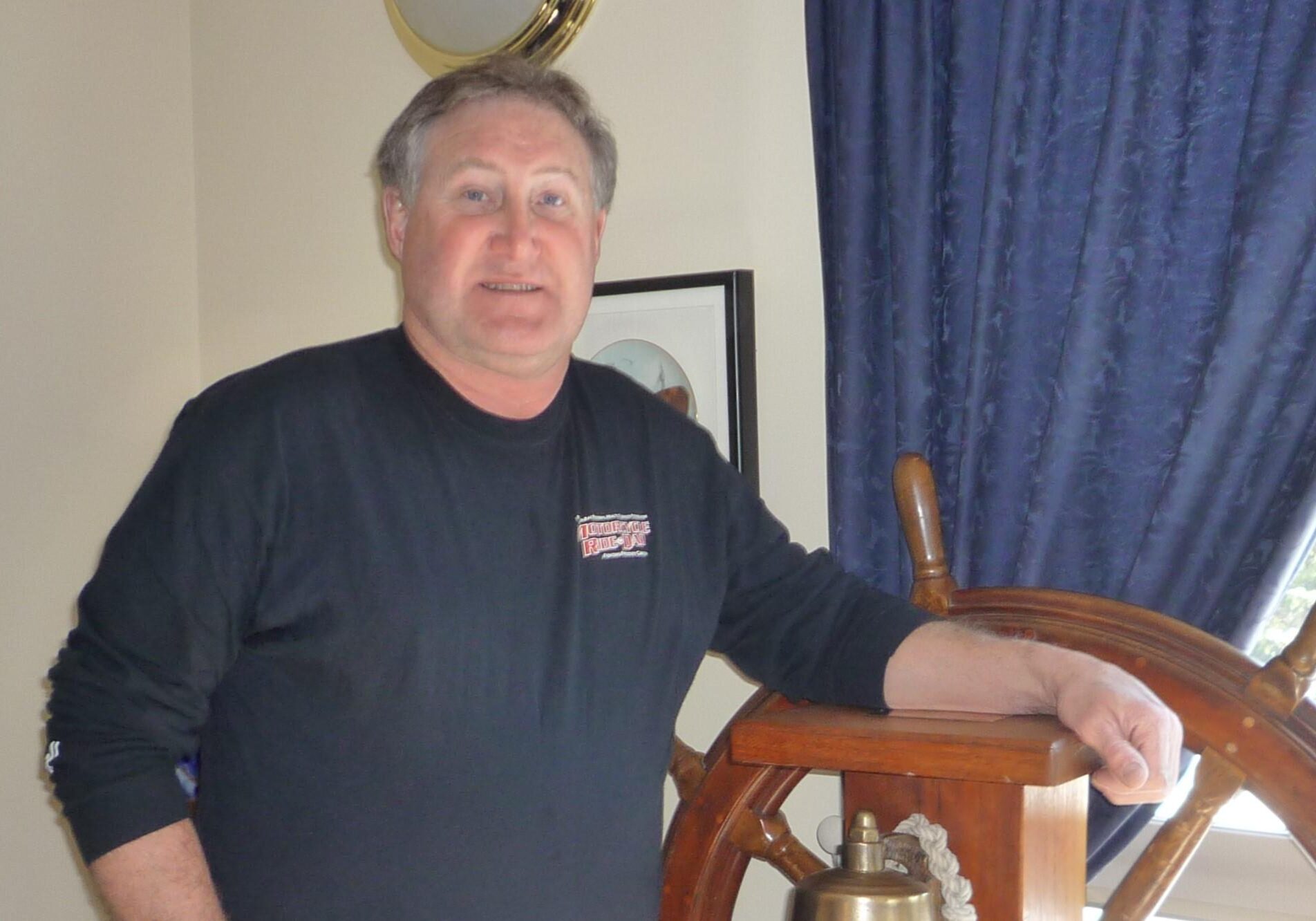
Gerry Dawson
Owner/Operator: Thunder Bay Tug Services
Gerry Dawson's father relocated to Thunder Bay to start a bumboat business servicing the lake vessels that arrived in port. When the St. Lawrence Seaway opened in 1959, the family business evolved into Thunder Bay Tug Services, now providing maneuvering assistance to the huge ocean-going ships in Thunder Bay's harbour—not to mention the tricky elevator slips. Gerry shares memorable stories of assisting ships at each of Thunder Bay's operating elevators, as well as of what can go wrong when a ship's pilot thinks they don't need a tug's help.
Snippet
Full Interview

Jim Dehod
Elevator manager: Searle Grain, Federal Grain, Richardson International
Jim Dehod had a long and varied career in Canada's grain industry. He started in the Lake Shippers Clearance Association's Winnipeg office as a junior clerk, working up to office manager. He recalls the operation of coordinating lake shipments with Thunder Bay terminal elevators, and recounts how his career eventually took him into terminal management positions with Searle, Federal, and Richardson. In between these roles, Jim became a grain exporter for Searle/Federal and travelled the world to meet customers. Jim's interview handles the major changes to Thunder Bay and the wider Canadian grain industry, like automation, shifting international markets, and the increased grain throughput out the West Coast.
Snippet
Full Interview
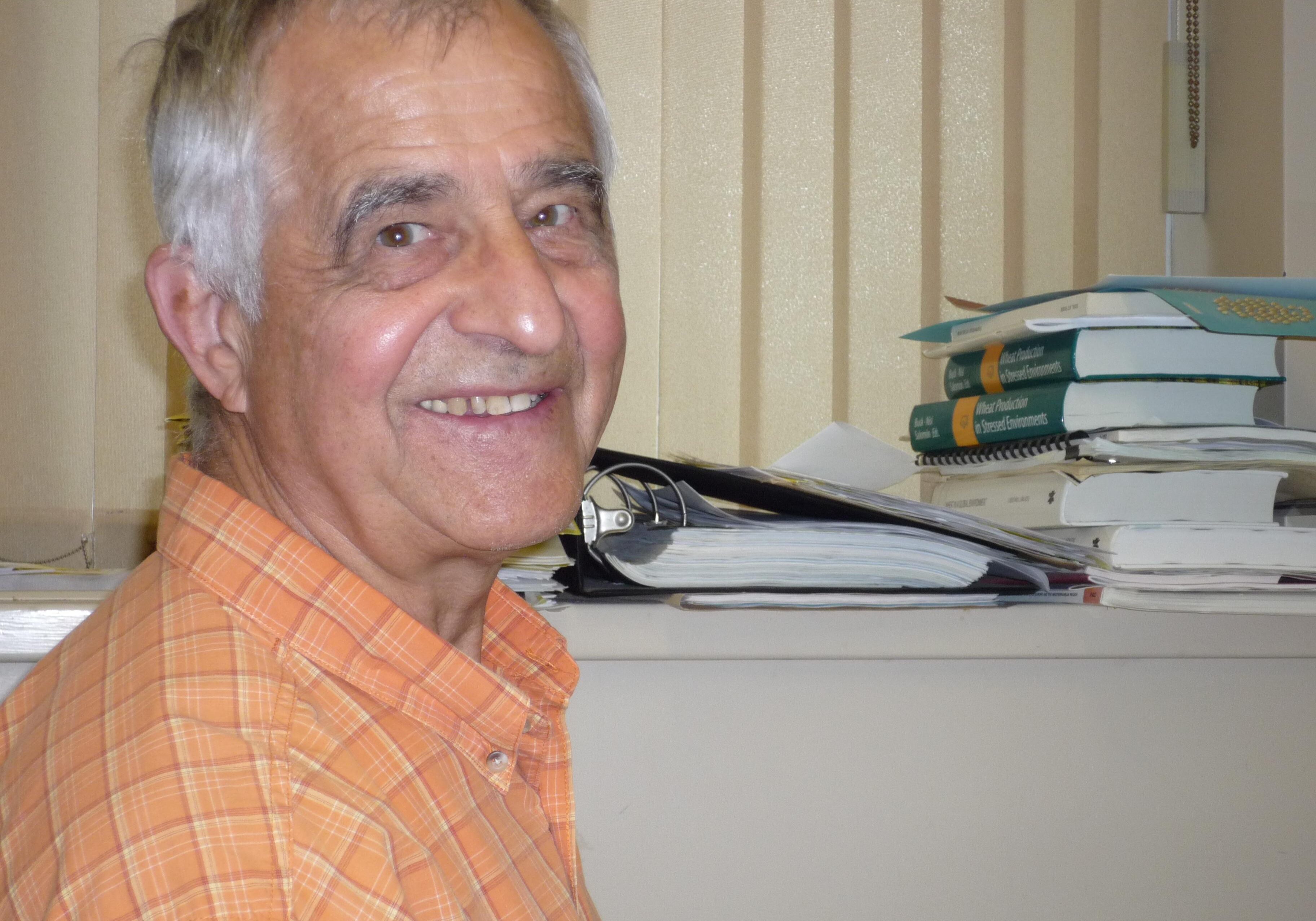
Ron Depauw
Ron Depauw studied agriculture in his undergrad and genetics for his masters degree. Because of this, he was able to complete a great deal of research that contributed heavily to the Canadian grain trade. He outlines the history of wheat production before the industry mushroomed, including the establishment of the Canadian experimental farm system in 1889 until wheat became Canada’s number one export in 1929. His work ensured that wheat grown in Canada kept ahead of diseases and retained its marketing advantages.
Snippet
Full Interview
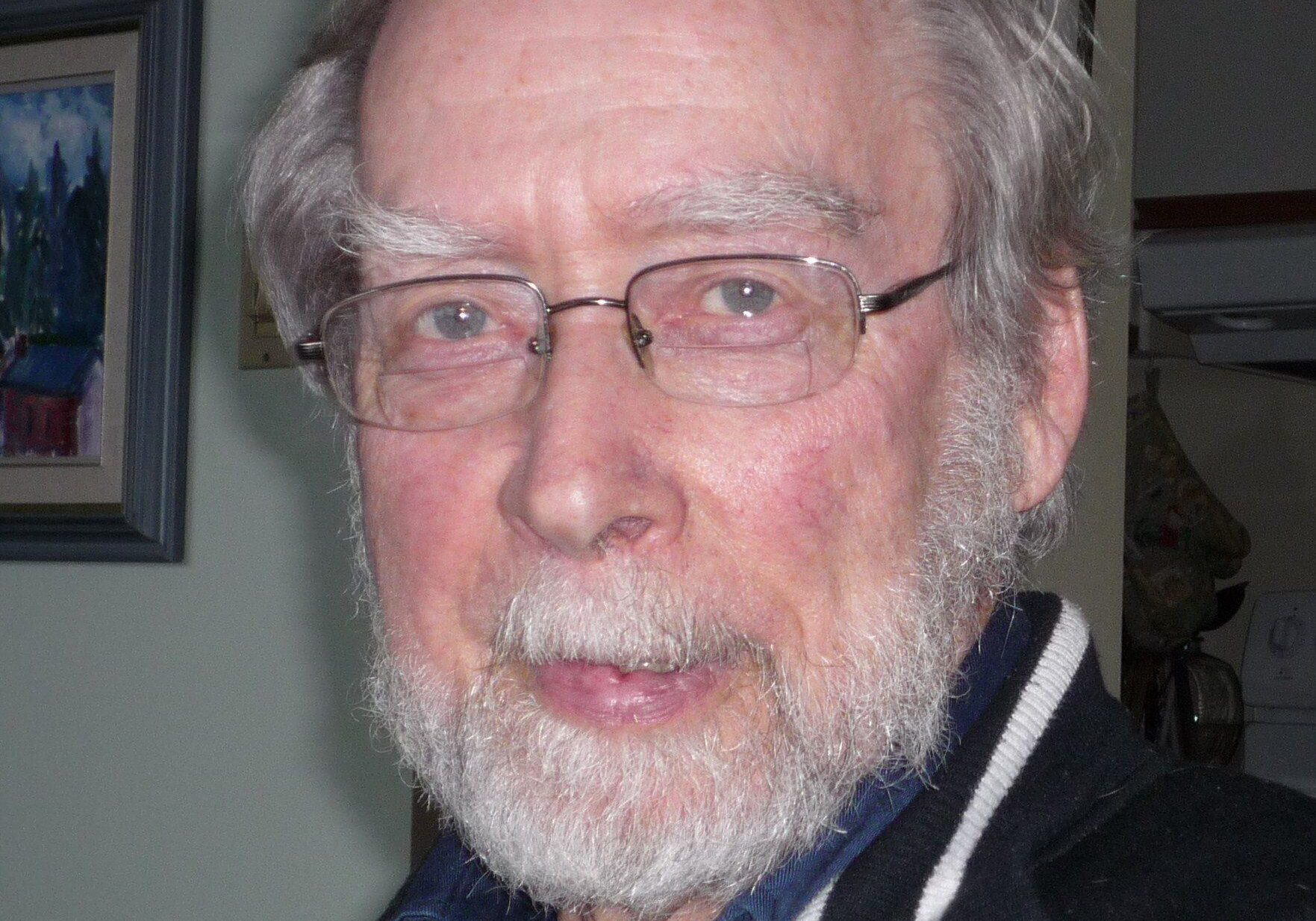
Patrick Doherty
Vice-President: Paterson Steamship Division
Patrick Doherty worked first as an office clerk, advancing to traffic manager before becoming vice president. He was responsible for managing the grain input and output of the elevator, as well as other things such as organizing the storage of ships in the winter. He enjoyed a long career, witnessing many industrial changes due to changing methods, technology, and markets. He touches on other topics including communication methods between various offices and accidents and explosions in the elevators.
Snippet
Full Interview
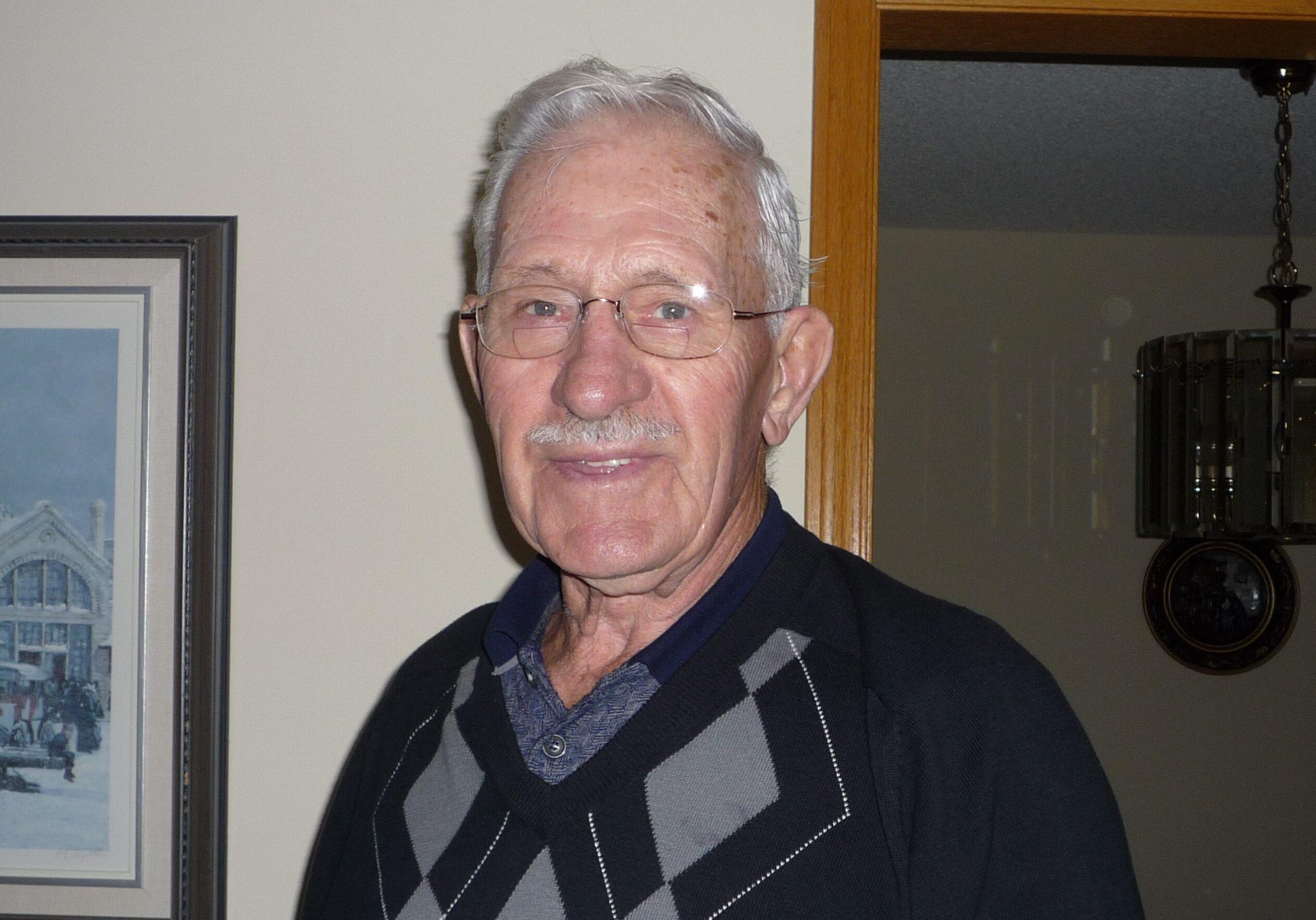
Bert Domes
Vice-President of Country Operations: Paterson Grain
Bert Domes grew up and worked on a farm into his adulthood before switching careers to become a country elevator manager for Saskatchewan Wheat Pool. Not getting the permanent position he hoped, Bert joined Paterson Grain as an elevator manager. He shares stories of interacting with farmers and dealing with old elevator equipment, which occasionally caused problems in the operation. Bert moved up into management, first of a district and then over the whole of country operations, and his responsibilities increased to auditing elevators and trading or selling elevators to other companies. Bert worked in country operations during the period of massive consolidation, and he gives the listener a behind the scenes look at how decisions were made for getting rid or of building new country points.
Snippet
Full Interview
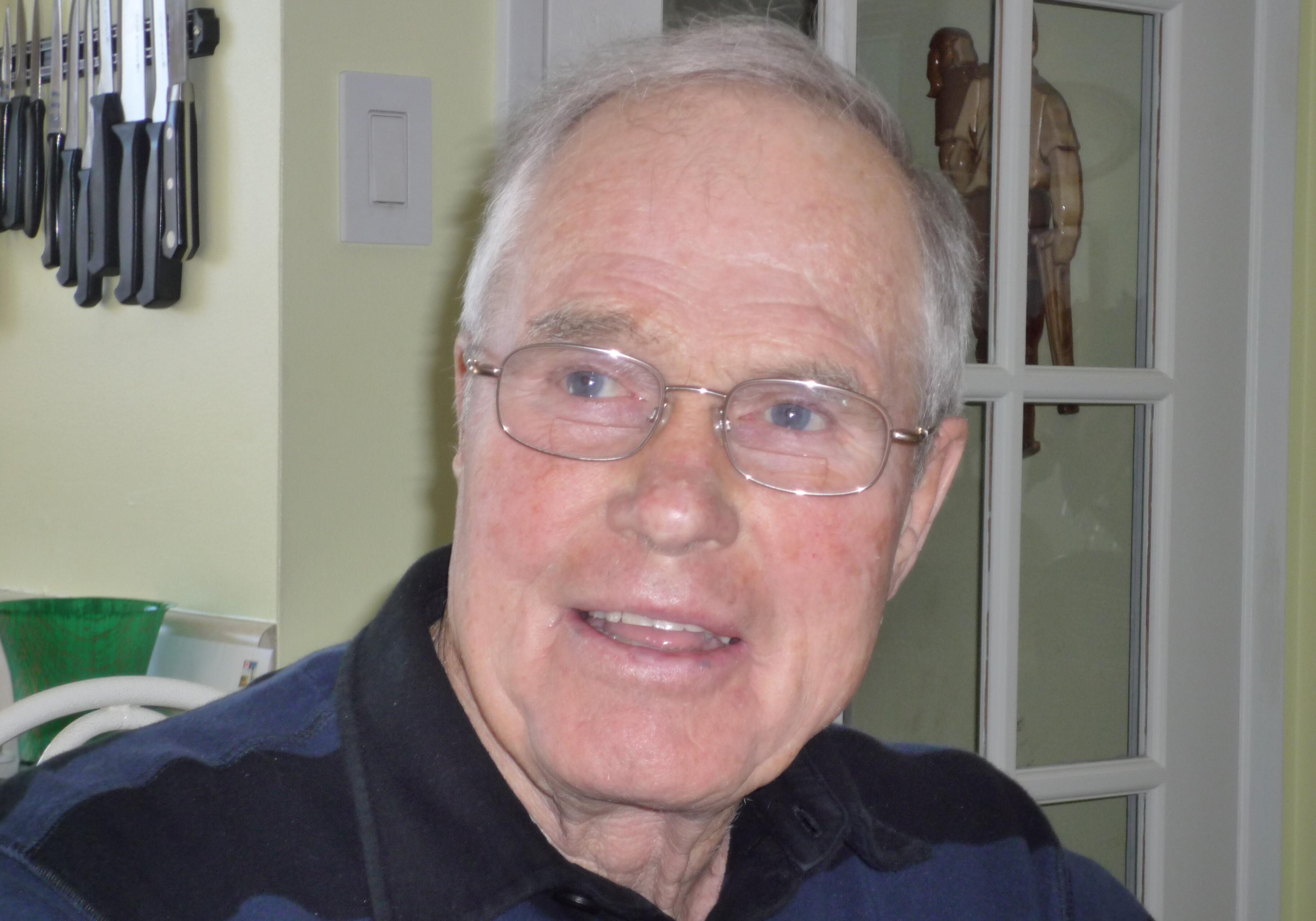
Vern Duke
Grain Inspector: Federal Grain Company, Canadian Grain Commission
Vern Duke first started work with Federal Grain Company, before writing his exam to qualify as an inspector with what was then called the Board of Grain Commissioners. He explains the quality control system very well, and the process of transferring grain from a farm to an Eastern elevators and then on to international markets. Stationed in Winnipeg, his work as chief inspector took him to elevators across Canada and eventually overseas on various missions. Very few people in the industry had the knowledge of grading that Vern displays in this interview.
Snippet
Full Interview
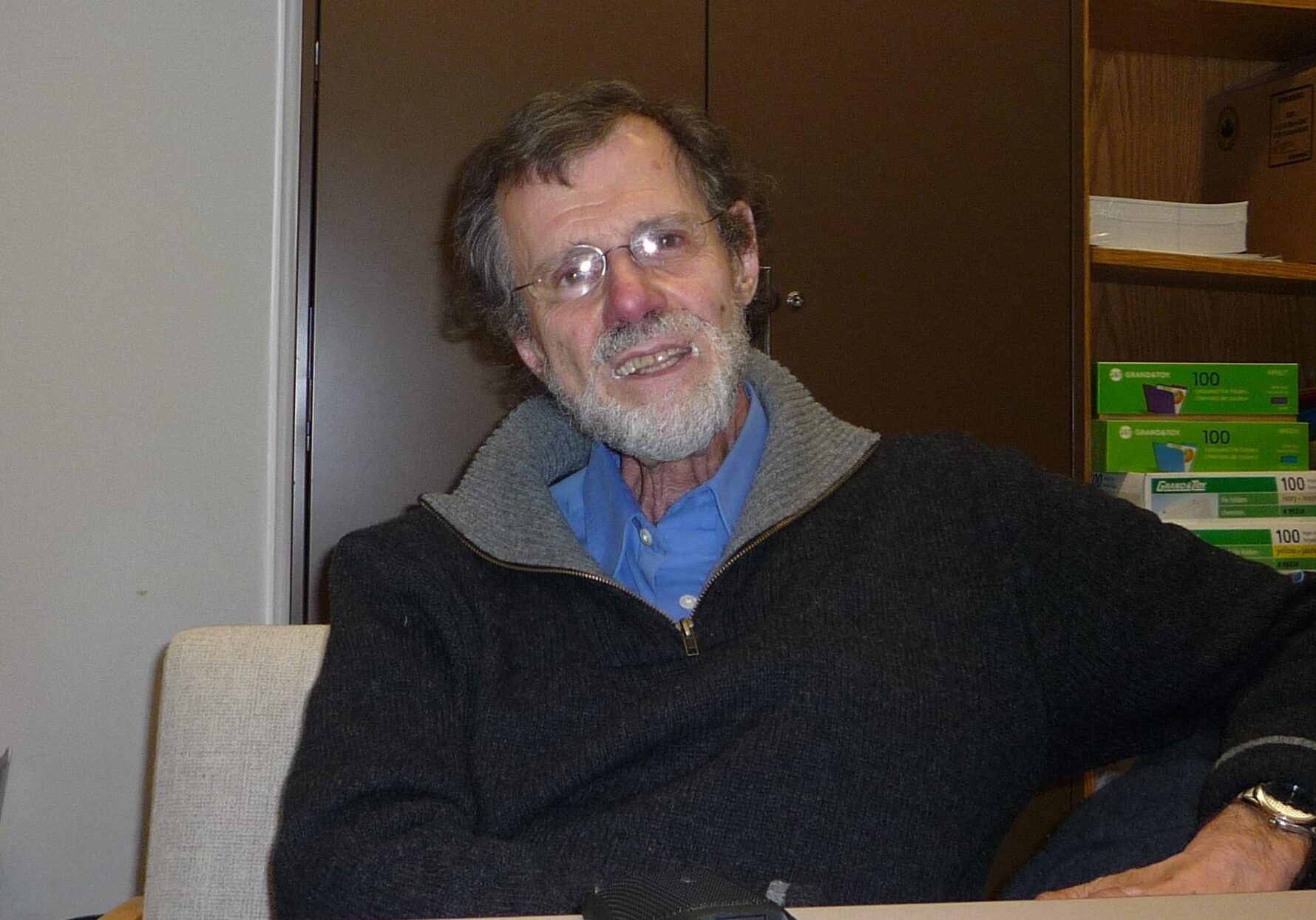
Paul Earl
Director of Corporate Affairs/Policy: United Grain Growers
Over the course of three interviews, Paul Earl shares his broad experiences in Canadian agricultural policy through the grain industry's major changes and debates. In his first interview, he recounts working in the Grains Groups under Minister Otto Lang, participating in influential royal commissions and studying transportation issues, like the Crow Rate and the Wheat Board's control of rail and ship allocations.
In his second interview, Paul introduces his work in policy at United Grain Growers, continuing to assist royal commissions within the industry. His enthusiasm for the company shines in his explanation of UGG's history, its unique corporate philosophy, and its legendary leader Mac Runciman. He also discusses his move into the Grain Transportation Agency, as well as the growing philosophical divide in the grain industry.
In the third and final interview, Paul tracks his other career moves with the Western Grain Wheat Growers and University of Manitoba. He recounts the massive changes in the industry--particularly the demise of the cooperative system--and reflects on the winners and losers with each change.
Snippet
Full Interview
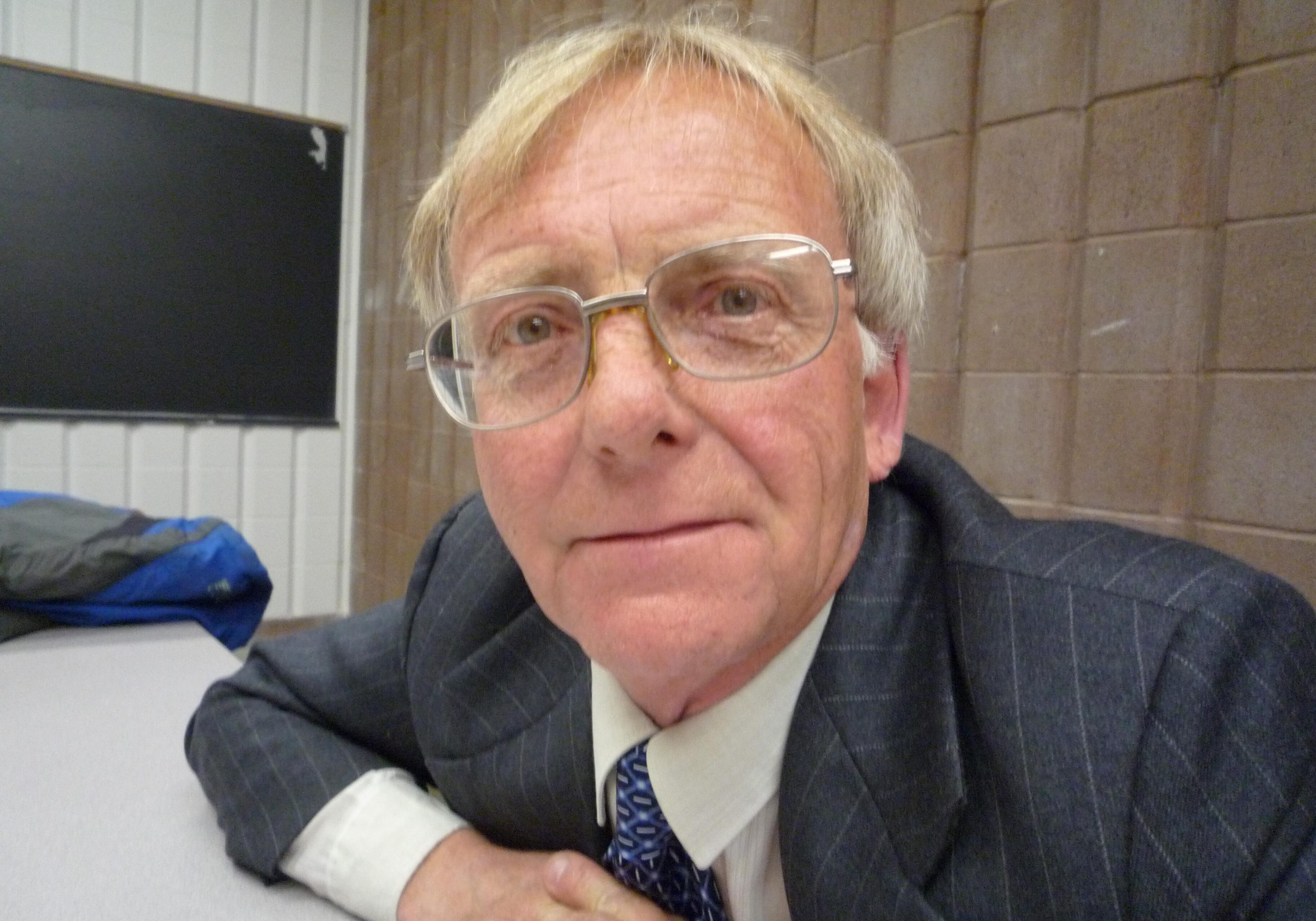
Peter Eaves
Mechanist: Port Arthur Shipyards
Peter Eaves worked as a Machinist for Woodside Brothers in the Port Arthur Ship Yards. Paul had completed a five-year apprenticeship and spent the next 14 years practicing his trade. In the interview he recounts the various jobs that he performed for the elevators companies. Snippets of his workday give you an insight into his profession and also the emergency tasks that had to be completed to keep the elevators working.
Snippet
Full Interview
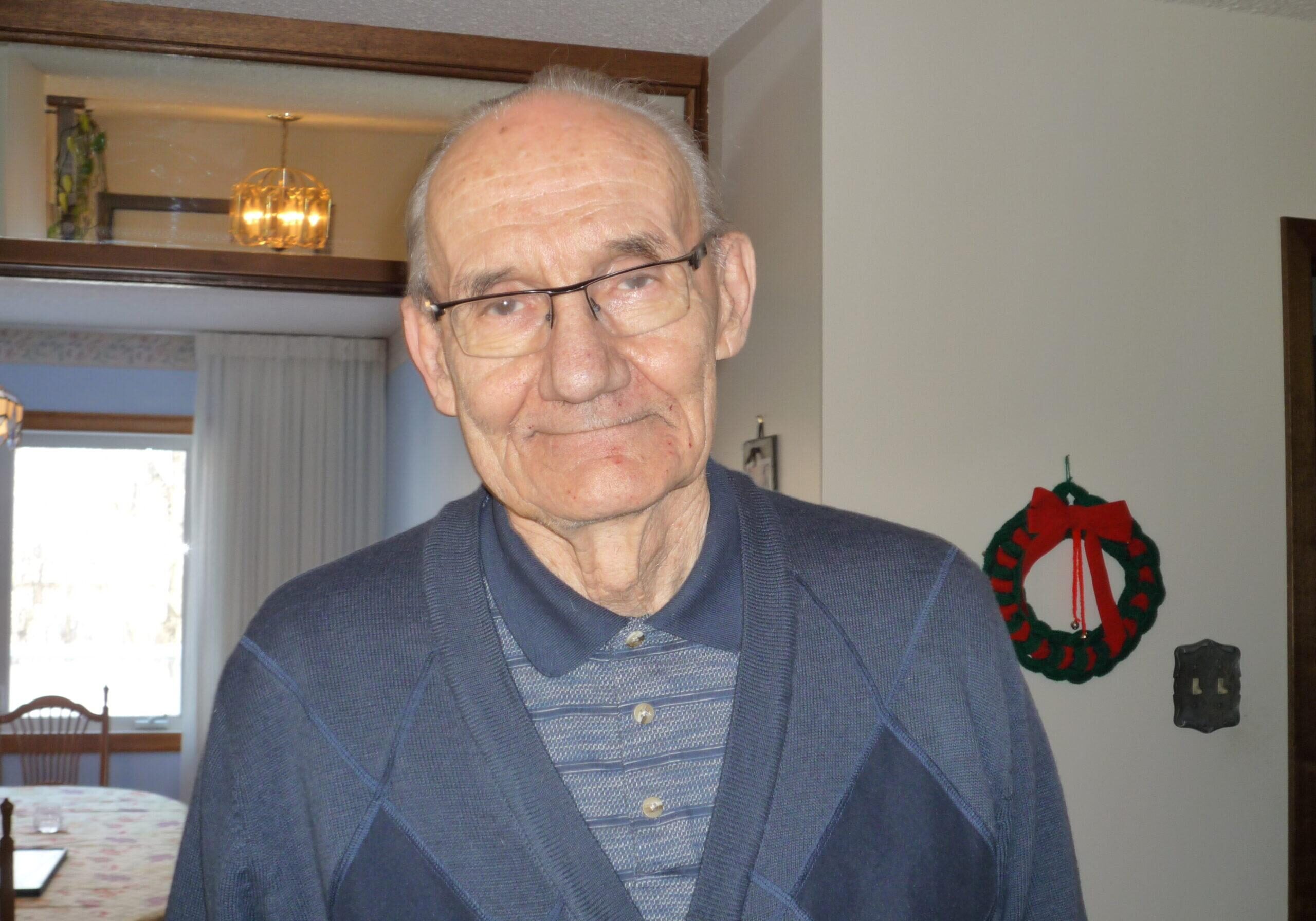
Ken Edie
Vice-president, Government Lobbyist: Ken Edie
Ken Edie grew up on a mixed farm in Manitoba and attended farmer meeting with fellow Manitoba Pool members. Ken maintained his connection with MPE throughout his career, holding various positions and retiring as vice president. Ken discusses one of his major responsibilities as a government lobbyist for not only Manitoba Pool, but for all three Prairie wheat pools, ensuring the voices of the farmer members were heard at the highest level. Ken also shares memories of sitting on agricultural committees, visiting Manitoba Pool terminals in Thunder Bay, and even catching fraud in the Winnipeg Grain Exchange.